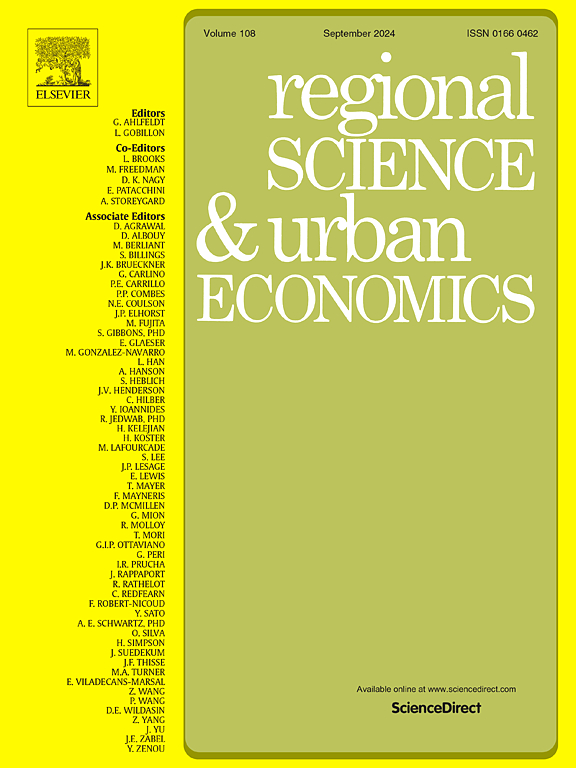The new study "Dynamic agglomeration effects of foreigners and natives - The role of experience in high-quality sectors, tasks and establishments" by Annekatrin Niebuhr (Institute for Employment Research, Kiel University), Jan Cornelius Peters (Thünen Institute) and Duncan Roth (Institute for Employment Research, IZA) builds on earlier joint work. It takes up the observation that workers in rural areas experience slower wage growth over the course of their working lives than workers in agglomerations. The underlying mechanisms were previously largely unexplored.
Their new work shows that the type of work experience that employees gain in each type of region plays a significant role. Almost 80 percent of the difference in wage growth between regions with particularly low and particularly high labor market density can be attributed to the type of firm, task and sector in which workers gain their experience. Rural areas often offer less access to especially those firms and tasks that are particularly conducive to gaining valuable work experience and thus wage growth.
Using the example of low-skilled foreigners, the authors also show that not all groups on the labor market benefit equally from the advantages that urban areas offer compared to rural areas when it comes to gaining valuable work experience. This is also related to the type of experience gained.
Link to article: https://doi.org/10.1016/j.regsciurbeco.2024.104040
The study was conducted as part of the cooperative project "Economic effects of the spatially uneven distribution of workers as well as firms".
Contact: Dr. Jan Cornelius Peters

![[Translate to English:] [Translate to English:]](/media/_processed_/6/1/csm_AdobeStock_543466681_9df3d40718.jpeg)
![[Translate to English:] [Translate to English:]](/media/_processed_/6/1/csm_AdobeStock_543466681_6eab1c26f9.jpeg)




